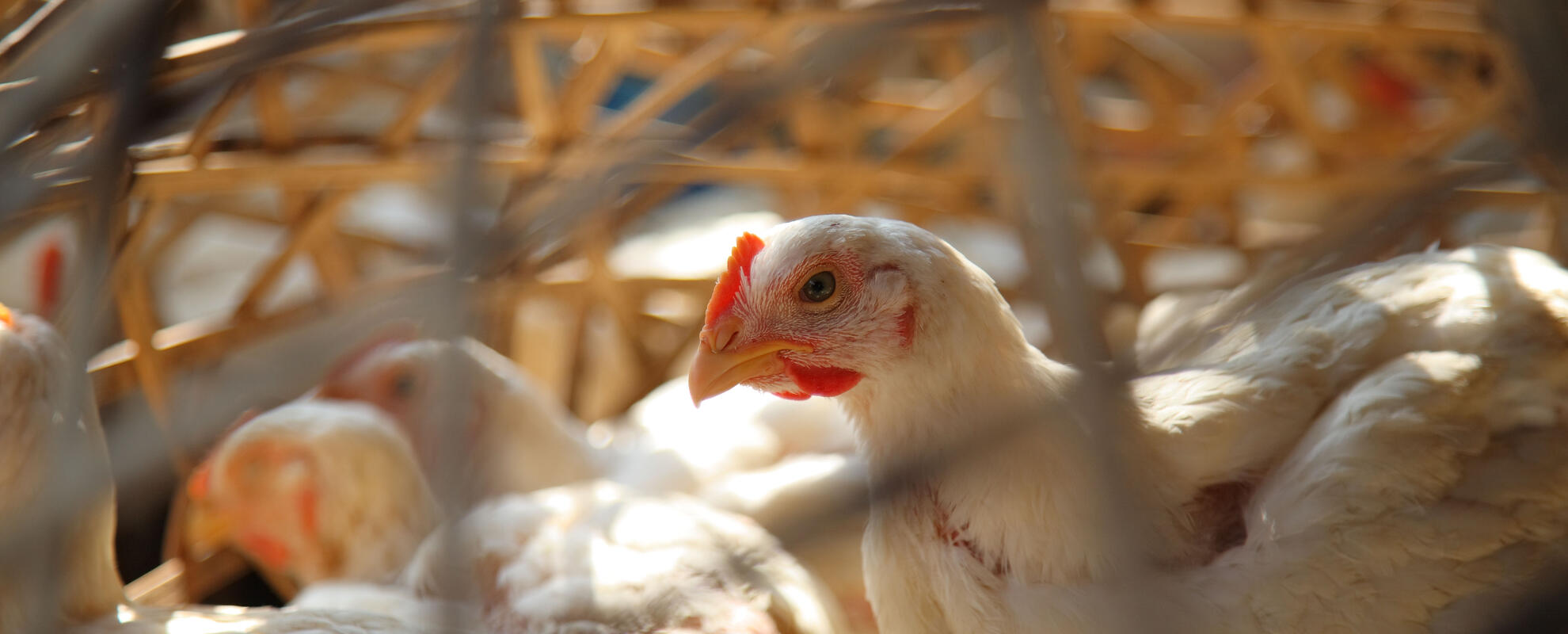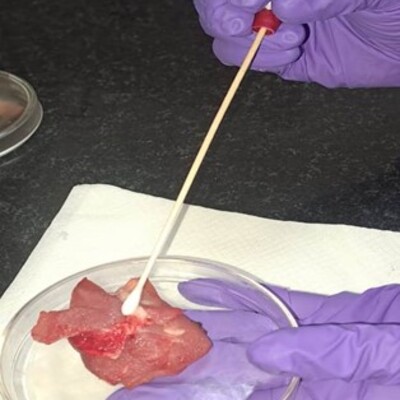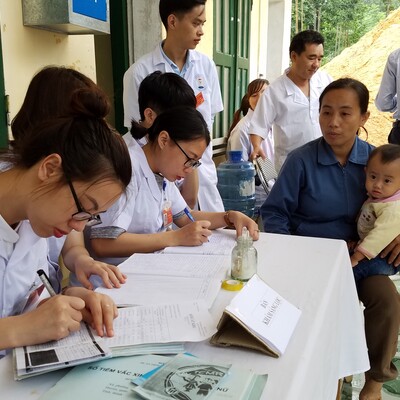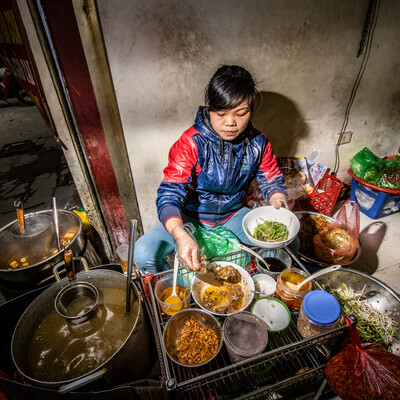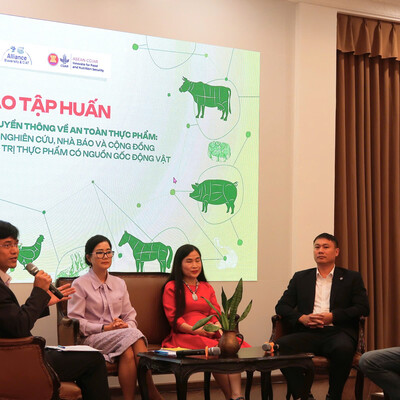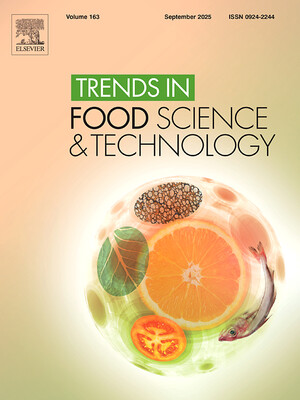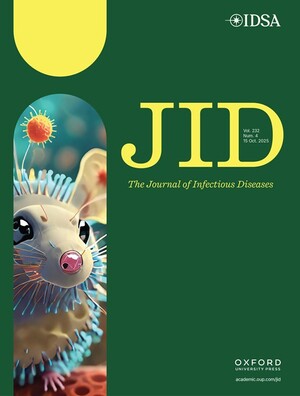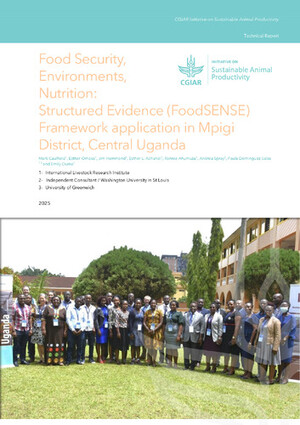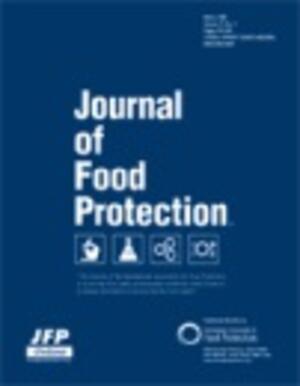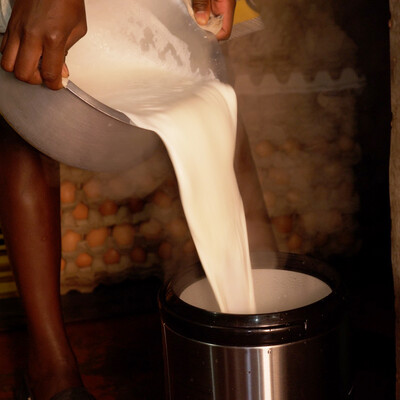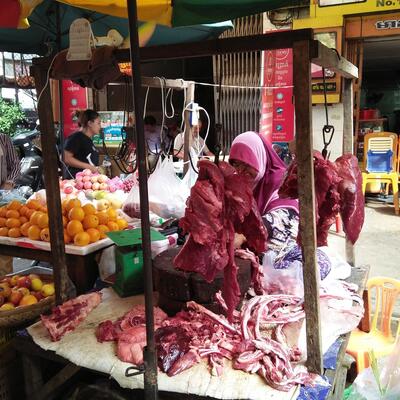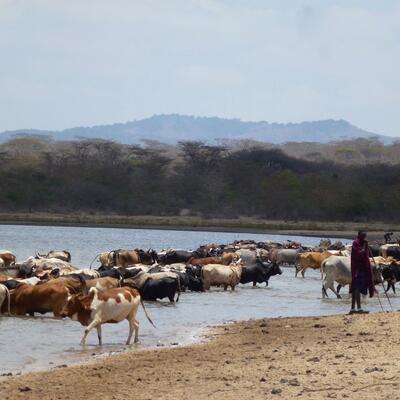
One Health team holds training workshop on food safety in India
The CGIAR Initiative on One Health is being implemented by ILRI and its CG partners in seven countries across Asia and Africa (India, Vietnam, Bangladesh, Kenya, Ethiopia, Uganda and Côte d’Ivoire) with the aim of improving food safety and reducing the burden of zoonosis and antimicrobial resistance in different livestock product value chains. In India, ILRI is implementing the initiative with the International Water Management Institute (IWMI) and its local partner, Indian Council of Agricultural Research – Indian Veterinary Research Institute (ICAR-IVRI), in the state of Uttar Pradesh (UP). The key objective of the Indian initiative is to assess the human health risk in the chicken value chain and pilot risk reduction practices in the district of Bareilly, UP.
As a part of the initiative, a three-day training program on food safety epidemiology was jointly organized by ILRI and ICAR-IVRI on 11–13 December at the IVRI campus in Bareilly. The training aimed to build the capacity of the project team, PhD students and junior faculty at IVRI on objectives, methods and approaches of conducting both qualitative and quantitative research on human health risks in different livestock product value chains.
A total of 39 participants took part in the training program. Drawn from both organizing institutions, the resource persons included ILRI’s Delia Grace Randolph (professor at Greenwich University cum principal scientist), Florence Mutua (scientist) and Ram Pratim Deka (scientist). The trainers from IVRI included Kiren N. Bhilegaonkar (head, Department of Veterinary Public Health; VPH), A.R. Sen (head, Department of Livestock Product Technology), Z.B. Dubal (principal scientist, VPH), Vinodh Kumar (senior scientist, VPH) and Suman Kumar (scientist, VPH).
The day’s activities began with an inaugural session in which Deka welcomed the participants and explained the objectives of the project and the training program. This was followed by inaugural remarks from other resource persons then the technical sessions.
During the first session, Randolph explained the latest developments in food safety research as well as global approaches to risk assessment, risk communication and risk management. She also addressed qualitative risk assessment, risk ranking and risk prioritization. Afterwards, Dubal and Kumar taught about the risks posed by different microbiological hazards and antimicrobial resistance to human health in the Indian context. Three PhD students involved in the project presented the findings of the scoping study they had conducted on the chicken value chain in the project district.
In the subsequent session, Kumar taught the workshop attendees methods of qualitative risk analysis and highlighted the results of a secondary literature review on risk in the chicken value chain. Building on this, Bhilegaonkar introduced the rules and regulations under food safety and quality control in India, and Deka taught about risk management and risk communications in light of a One Health approach and the emerging challenges and opportunities in scaling out. Finally, Sen explained various promising livestock product technologies that could reduce the burden of microbiological risks. The technical sessions concluded with discussions led by Deka and Bhilegaonkar on the way forward under One Health in Bareilly for 2024.
Practical sessions, discussions and group exercises facilitated hands-on learning, equipping participants with practical skills in risk assessment, risk communication and risk management. The diverse backgrounds of participants, including scientists and scholars from VPH, epidemiology and livestock product technology encouraged interdisciplinary collaboration and fostered a holistic approach to addressing food safety challenges.
Participants at this workshop got to learn about food safety research from national and global perspectives, and the knowledge and skills gained are expected to have far-reaching implications. Trainees, now equipped with advanced insights, can contribute to the ongoing One Health Initiative and address food safety challenges in their respective professional capacities. The collaborative efforts forged during the training will likely translate into more robust strategies for managing foodborne illnesses and implementing effective risk mitigation interventions. The training concluded with a valedictory session in which certificates were distributed by Bhilegaonkar and Deka.

Part of the inaugural session of the training workshop (photo credit: ILRI/Ram Deka).

Group photograph of participants and resource persons at the training workshop (photo credit: ILRI/Ram Deka).
Learn more about the CGIAR Initiative on One Health.
https://www.cgiar.org/initiative/one-health/
https://www.ilri.org/news/ilri-and-icar-ivri-discuss-implementation-one-health-initiative-india
https://www.ilri.org/news/ilri-and-partners-launch-one-health-initiative-improve-food-safety-india
(The post was edited by Terry Mwenda, communications officer, publishing and editing, ILRI, and Paul Karaimu, communications officer, ILRI)





